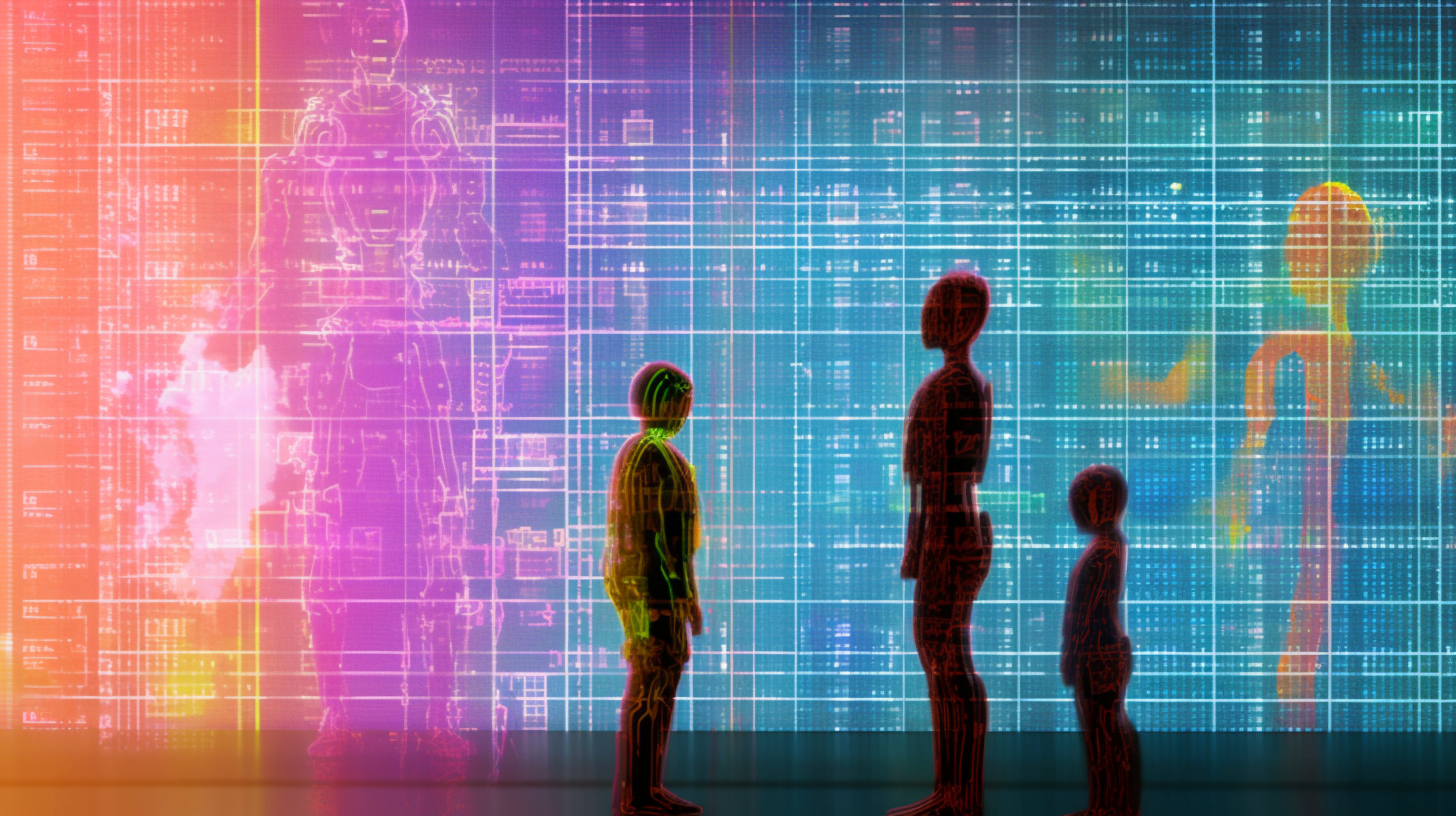ChatGPT becomes study buddy for Hong Kong school students

Yu Chun Keung Memorial College in Hong Kong integrates AI tools like ChatGPT into the classroom.
In subjects such as literature or history, students can integrate ChatGPT into their learning and research process and use the AI tool to interpret texts, for example. According to principal Yeung Hok-hoi, this step is necessary to prepare students for the working world in the age of AI.
"If you know nothing about AI, it will probably be harder for you to get a job," Yeung Hok-hoi says, comparing the advent of generative AI to the advent of calculators, computers, and the Internet. "We need to face it, study it, and take control of it."
Students would take on the role of teacher, critically questioning the quality of AI-generated answers and researching additional information if necessary, says history teacher Li Kwan-wai. This is exactly the skill that teachers want their students to have, he says. Of course, they need contextual information from history to understand key aspects of important questions.
Other use cases include music lessons to learn chords or to prepare for debate competitions. Student participation in quizzes, for example, has increased since the AI tool was introduced.
Hong Kong embraces AI education and gets ChatGPT through detours
The Hong Kong Education Authority officially launched an AI curriculum for secondary schools in June, covering topics such as machine vision, robotic thinking, ethics, and the societal impact of AI. From September, 10 to 14 hours of AI classes will be included in the curriculum.
Interestingly, Yu Chun Keung Memorial College sources ChatGPT from a third party, as it is not yet officially available in Hong Kong. This may be a sign of the lack of quality of Chinese alternatives or even a rejection by the Hong Kong government of the political influence of the Chinese government on generative AI models.
AI News Without the Hype – Curated by Humans
As a THE DECODER subscriber, you get ad-free reading, our weekly AI newsletter, the exclusive "AI Radar" Frontier Report 6× per year, access to comments, and our complete archive.
Subscribe nowAI news without the hype
Curated by humans.
- Over 20 percent launch discount.
- Read without distractions – no Google ads.
- Access to comments and community discussions.
- Weekly AI newsletter.
- 6 times a year: “AI Radar” – deep dives on key AI topics.
- Up to 25 % off on KI Pro online events.
- Access to our full ten-year archive.
- Get the latest AI news from The Decoder.